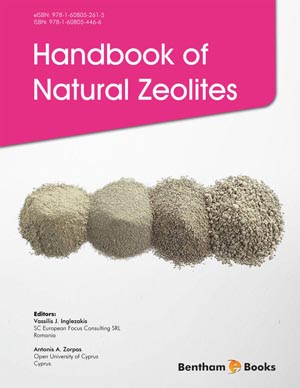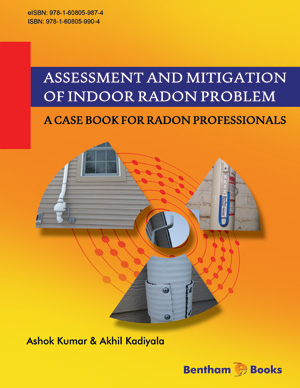Abstract
There are three kinds of sludge: sewage sludge from municipal treatment works, septage pumped from septic tanks, and industrial sludge. All three are a growing management problem in this state, and throughout the world. Problems associated with sewage sludge disposal and treatment remains a challenge for the waste industry and for many researches around the world. Sludge is presented with significant issues like heavy metals, nitrogen, phosphorous, pathogens, organics etc. Some them when added to soil is necessary to control the consecration due to potential toxicity and especially the heavy metals like Cr, Cd, Cu, Pb, Zn, Cd, Hg, Co, Ni etc. Natural zeolites are a popular group of minerals for collectors and an important group of minerals for industrial and other purposes. Zeolite utilization has become popular in the last decade, due to its cation exchange and molecular sieving properties. Zeolites have many useful purposes. They can perform ion exchange, filtering, odor removal, and chemical sieve and gas absorption tasks. Many researchers investigated the use of natural zeolites in several applications of sewage sludge and they found out the final products presented with excellent characteristics. This chapter presents the use of zeolites in sewage sludge and other treatment.
Keywords: Sludge composting, land application, metals removal, metals partitioning, compost evaluation, metals leachability, compost evaluation.












